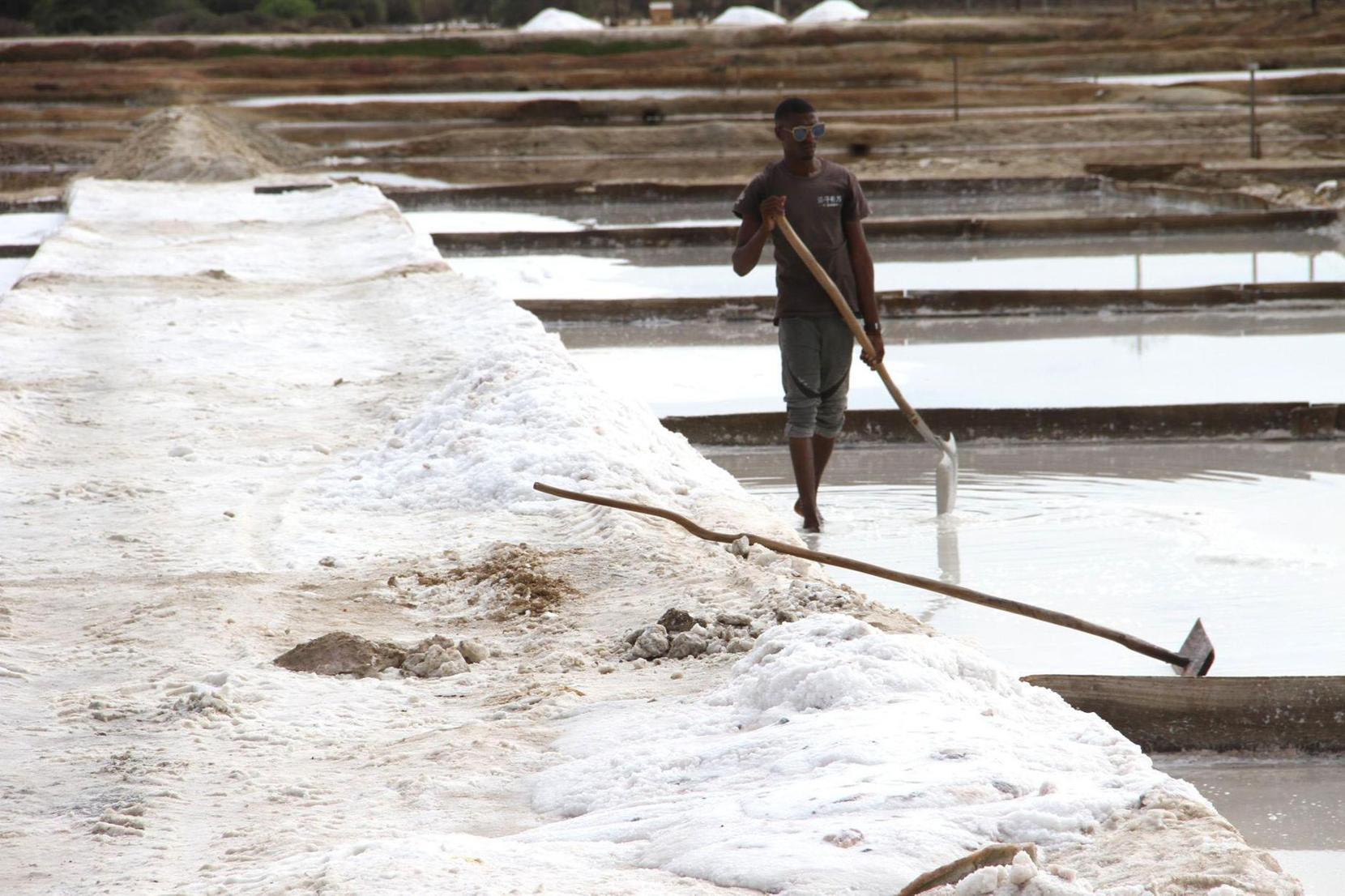Africa-Press – Angola. The president of the Association of Salt Producers and Transporters of Angola (APROSAL), Totas Garrido, said Monday in this city that the institution he heads is responsible for 98% of the salt produced in the country.
According to Totas Garrido, who was speaking to the press on the sidelines of the VI Extraordinary General Assembly of APROSAL, which aims to balance the activities carried out between 2019/2023, 80 percent of this salt is produced in Benguela.
He made it known that, along with Benguela, tons of salt that arrives at Angolan tables also comes from the provinces of Namibe, Cuanza Sul and Bengo.
He informed that, in the year 2022, Angola produced two hundred thousand tons of salt, being already self-sufficient in terms of this product for human consumption.
He considered it to be a high number, taking into account the reality of the country, which six years ago produced less than 50,000 tonnes, hence underlining that the national production of salt has quadrupled.
“Our great challenge, in the near future, is to reach 500 thousand tons/year”, he said.
However, he considers that there are still two other major challenges for salt producers, namely the oil sector and refining and packaging, which need improvements in terms of supply.
On the difficulties, he pointed out the need to extend the power lines of the public network to the producing areas of Baía Farta (Benguela) and Tômbwa (Namibe), improvement in the access roads to the salt pans, because production and transport costs still are tall.
“Producing salt using generators, in addition to making production more expensive, which is reflected in the final cost of the product, also does nothing for the environment”, he emphasized.
Regarding the families in Lobito that produce salt in poor conditions, he said that this is a matter for the administrative and police authorities.
“Cities cannot grow towards salt flats. We have to protect these areas so we don’t have cases like those in Lobito, Luanda and Zaire, which no longer have salt pans”, he warned.
The Association of Salt Producers and Transporters of Angola (APROSAL) currently controls 14 producers.
For More News And Analysis About Angola Follow Africa-Press






